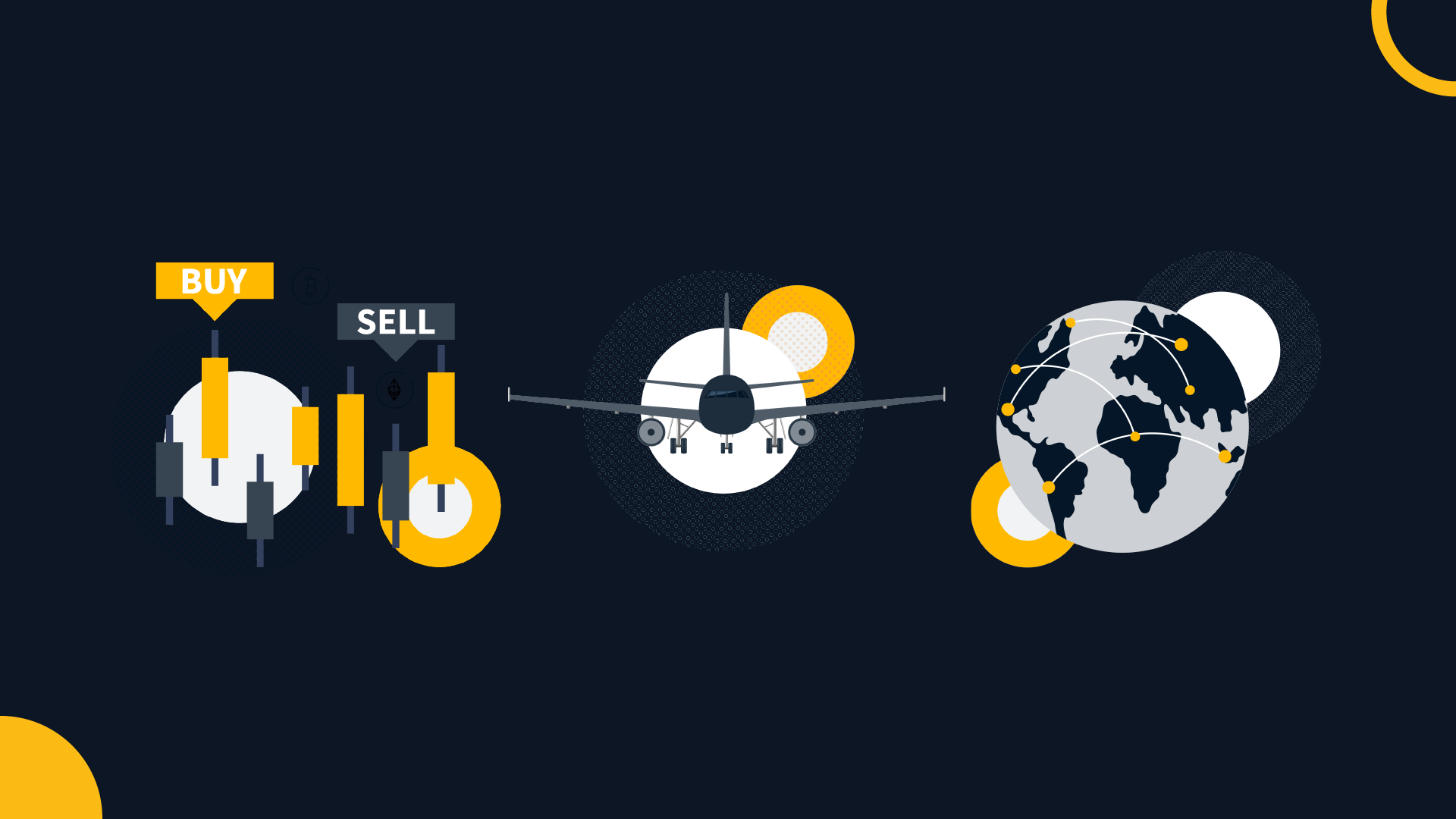Cryptocurrency transactions are constantly happening around us all. Some have gotten into crypto full throttle and others may approach it with some hostility. But the most important factor is how the crypto market makes sense economically.
Poking at the fundamentals of how crypto is introducing itself into economies requires some basic economic understanding.
Transactions:
In short, an economy is made up of transactions; trading something of value for something else of value. Every time a purchase is made a transaction is fulfilled. A buyer comes to purchase a good, service, or asset and a seller provides them at a price. These things can be bought with money or credit.
When money and credit are spent, despite dues settled, the accumulated total of that sale and many more like it are what set the economic railroads. By simply dividing the amount of money spent by the number of goods, services, and assets sold you can determine the price. That simple. Everything driving the economy comes from transactions.
Market:
A market is simply when all buyers and sellers make transactions for the same thing. There are millions of markets from real estate to cars to stock and on and on. The transactions happening in these markets help determine where an economy functions, thrives, propers, and fails. By dividing the total amount of money spent across the sum of every market divided by the sum of the total quantity sold, you get the economy.
Individuals, governments, banks, and businesses all contribute to the economy by performing, enabling, and encouraging transactions. Exchanging money and credit for goods, services, and assets.
Money Power:
The major players in economic activity around the world are governments. Central governments along with central banks have decision-making power over economies by controlling interest rates, money printing, and credit. Credit allows the central bank to make money by lending funds at an interest rate. Those who borrow that money in the form of credit get to buy goods and services they can’t afford with available income. In theory, it’s beneficial to both parties. Borrowers go ahead with the promise of paying back those funds plus the interest rate fees.
This can get tricky as the central bank controls those interest rates. High-interest rates usually yield less borrowing, therefore less spending, and therefore fewer transactions. Low-interest rates yield more borrowing, more spending, and therefore more transactions and a stronger economy. When those funds aren’t or can’t be repaid due to a multitude of factors, economies run into problems resulting in drastic economic shifts such as money printing, recessions, and depressions.
The Crypto Market:
Crypto is appealing to many people as it is free from the decision-making power of central governments and banks. It’s based on transactions run on blockchain technology and verified by peer-to-peer networks. This gives crypto holders and users a huge advantage in transparency over their funds and visibility of the market. More crypto can’t be printed as cryptos have a limited and permanent amount. Interest rates can’t be applied because you can’t borrow cryptocurrencies. This means the crypto market works like any other market, without the added factor of relying directly on the dictations of central banks.
Investing in crypto, like investing in stock, is inspired by the road map of value appreciation it can yield tracked by its own transactional motor. It can be bought, sold, traded, saved, and spent just like any other currency. Crypto users have full responsibility and control over the actions they take with their funds with anonymity and free of calculation error.
Crypto and Economy:
Some may be confused as to how the crypto market functions in tandem with established economies. In some conversations, crypto is painted as a degenerate bubble economy with nothing to hold on to, and this can be argued. Despite the first crypto transaction being made on the dark web, crypto is now known for its multitude of economic uses around the globe. Instead of rolling out a red carpet paragraph of all the ways crypto contributes to the global economy, here is a list:
- Free trade across borders
- Crypto gives unbanked citizens with mobile phones transactional abilities
- Lower transaction costs and no middlemen fees
- Faster transaction speeds
- Blockchain technology can’t be manipulated meaning no charge fraud or corruption
- Boost personal economy
- Trillions of dollars invested in crypto ready to pump into economies
- Created millions of jobs within the crypto realm
And this is just the tip of the iceberg. Crypto can now be spent on goods and services just like money or credit which helps support economies. Companies like ForumPay make it possible. Learn more about accepting crypto payments by visiting ForumPay.
For more articles like this and more, subscribe to our newsletter! And don’t forget to follow us on Instagram and Twitter for more on all things crypto!



